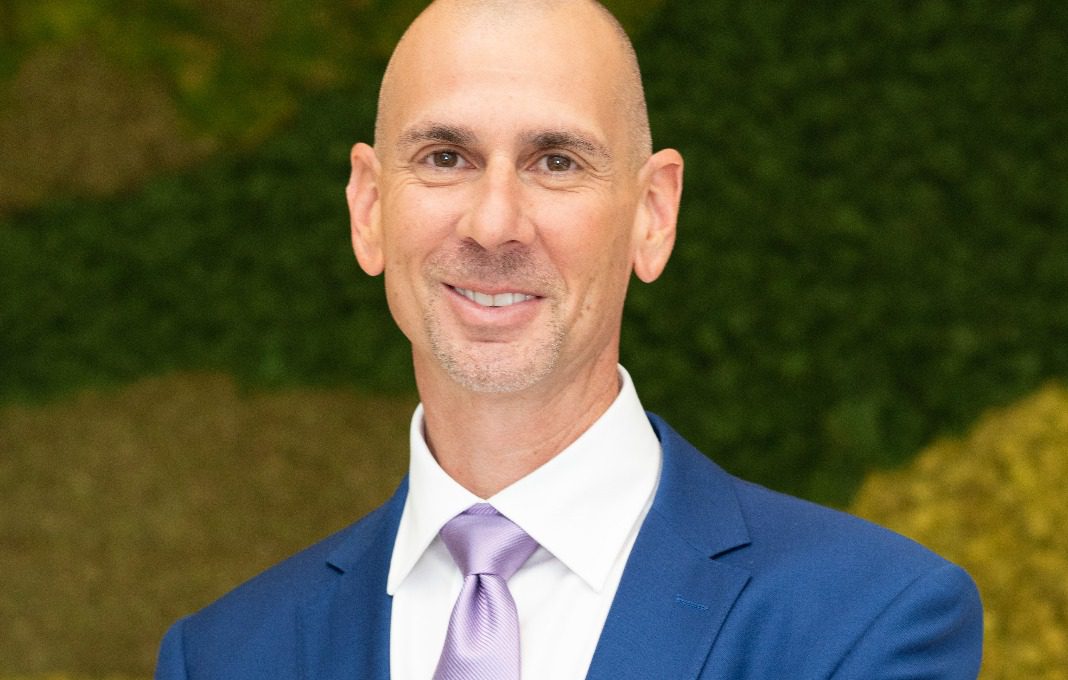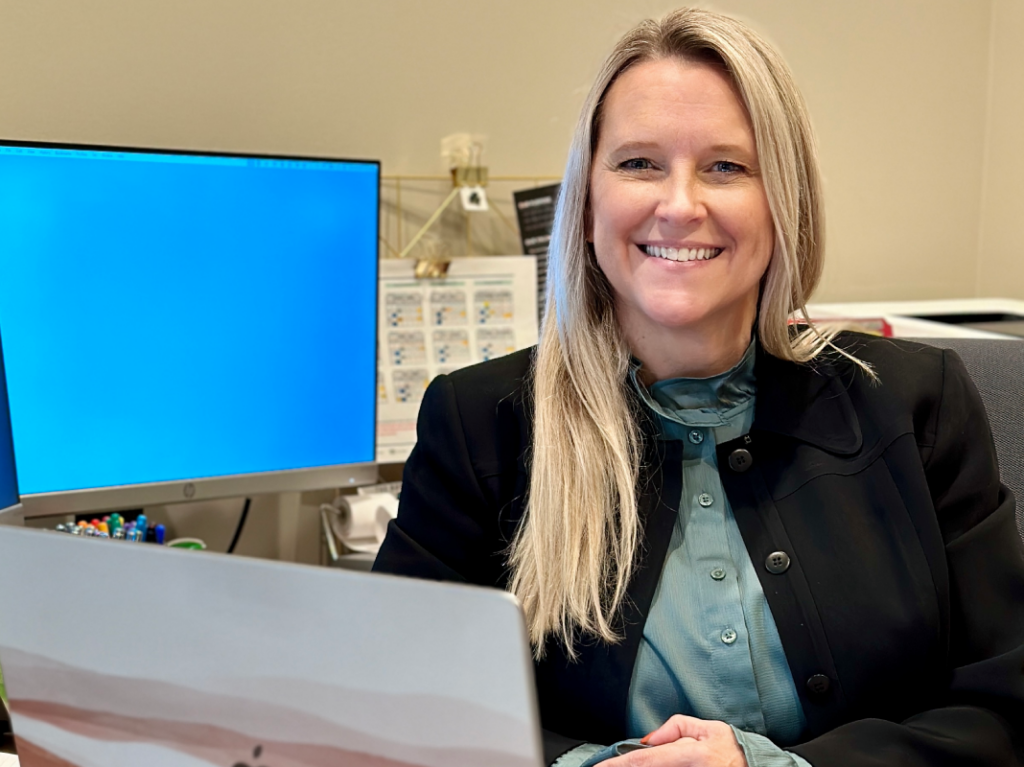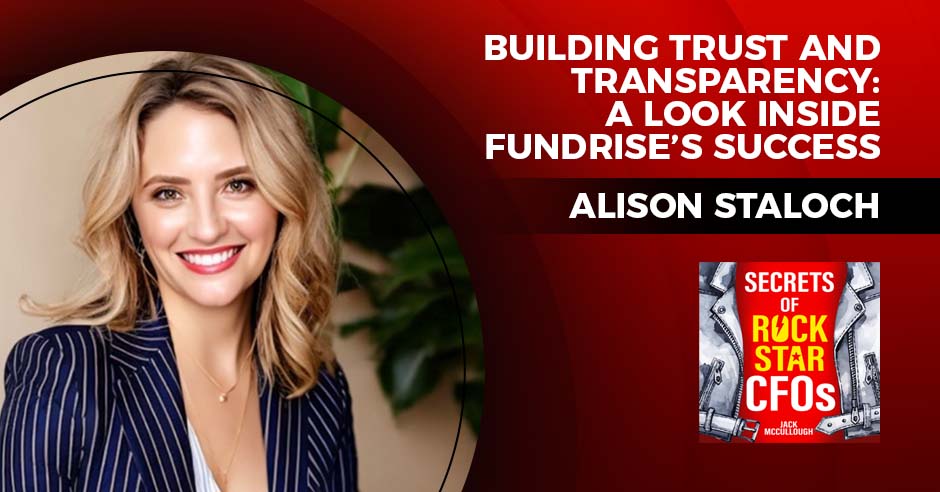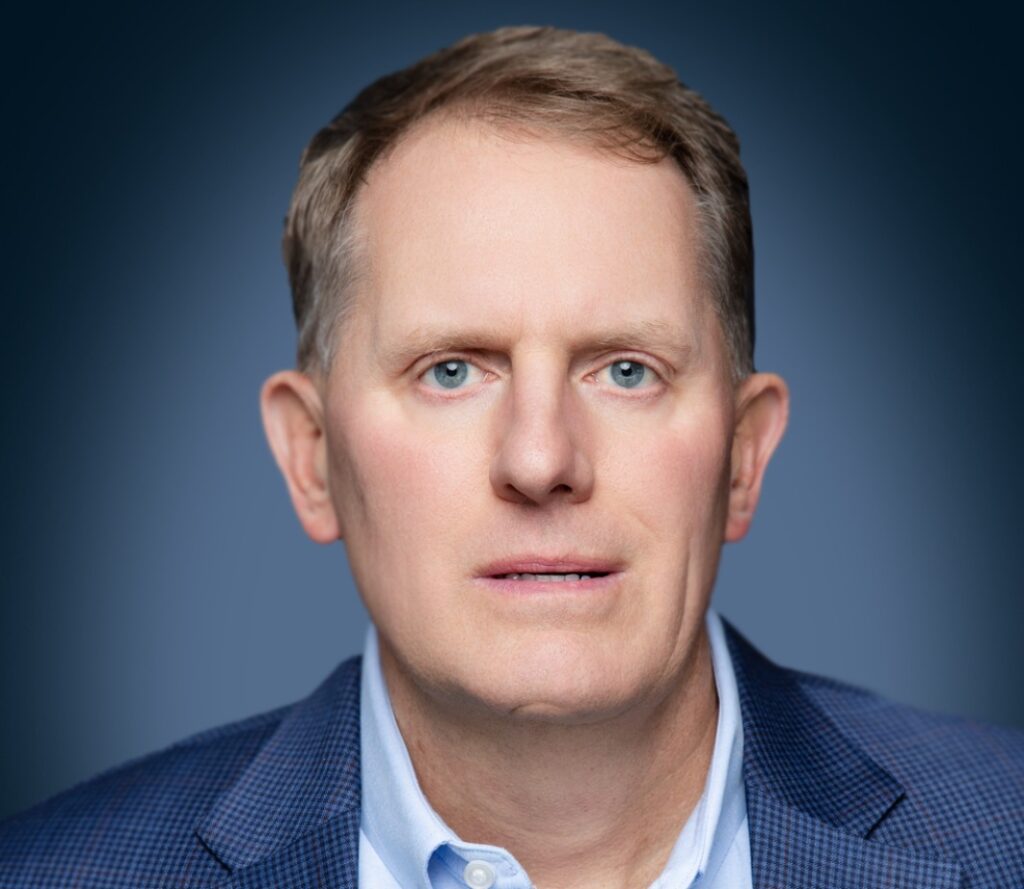 Kelley Kronenberg isn’t your typical law firm, says Heath Eskalyo, principal partner and CFO: the multi-practice business law firm headquartered in Fort Lauderdale, Florida is structured more like a corporation that enables it to grow faster and better weather storms – like the Covid-19 pandemic.
Kelley Kronenberg isn’t your typical law firm, says Heath Eskalyo, principal partner and CFO: the multi-practice business law firm headquartered in Fort Lauderdale, Florida is structured more like a corporation that enables it to grow faster and better weather storms – like the Covid-19 pandemic.
It’s no wonder that Kelley Kronenberg is one of the fastest-growing law firms in the Sunshine State and amongst the largest in the U.S., with nearly 400 employees, more than 175 attorneys and 11 locations.
We caught up with Eskalyo to learn more about what distinguishes Kelley Kronenberg from its competitors, how his role as CFO as evolved over the years and what the future holds for the firm.
How would you describe the firm’s business model?
It’s actually really simple and straightforward: we’re not just lawyers in business — we’re also business people in the business of law.
When you look at large corporations, they pay their executive leadership team on a direct contribution basis, and that’s what we do also. We have separate profit and loss statements within each of our business units for separate areas of law, so we know exactly the cost of servicing that legal business unit, resulting in the bottom line profit that we then share with that unit leader.
How does recognizing separate business units help the firm remain financially healthy during times of crisis – like the current pandemic?
We have the ability to pivot very quickly. While some of our business units have been hit hard by the pandemic shutdown and the subsequent slowdown of the economy, other units have seen an uptick, including bankruptcy, business restructuring and succession planning. We’re able to transition attorneys who have been hit hard to these other units that really need the extra help right now.
By having the model of tracking the P&L of each unit, we’re able to quickly make such adjustments, thereby avoiding the types of layoffs and salary reductions that other law firms have had to do.
What sort of financial and operational measures has your firm implemented to distinguish yourself from competitors?
One of the most critical things to be a successful firm is to look for best talent, whether they are attorneys, administrative staff or talent at the C-Suite level. We want progressive thinkers because we always want to innovate as a law firm. Investing in great talent is crucial – we’re not just filling slots with warm bodies.
I think our employee compensation and benefits structure also differentiates us. We purposely offer above-market value to equivalent jobs across locations, and our bonus and incentive plan that’s tied to employees’ direct contributions to the firm is unique. Business unit leaders are informed on a monthly basis on how they stand on bonuses. At most law firms, people are surprised when they receive their annual bonuses, some are happier while some are disappointed. However, we are fully transparent to better motivate employees to hit their goals.
Our benefits package is exceptional, and we constantly evaluate how to improve it by conducting employee surveys about what benefits are important to them. For example, we offer financial hardship assistance to employees or their family members who have suffered unfortunate circumstances. Within our health plan, if premiums increase, for the most part we do not pass on the additional costs to employees – the increase is absorbed by the leadership and the quality of care stays the same.
We also have Kelley Kronenberg Cares – an in-house program for both professional and personal growth. We bring in motivational speakers from all walks of life, and we also offer such activities as yoga on the rooftop, book clubs and wellness seminars.
What are examples of recent practice expansions?
Pre-Covid, we were very aggressive in our lateral expansion, but the pandemic has slowed that down a bit. We are currently focusing more on optimizing our existing business with clients and looking to expand the number of clients, as opposed to actively looking for acquisitions. We also have 20 openings for lawyers that we’re looking to fill, to help us out with our expanded workload right now.
How would you describe your relationship with CEO Michael Fichtel?
For decades, we have been more than colleagues – we’re also close friends. We have been very blessed in that each of us brings tremendous strengths and tremendous value to the firm. We’re very aligned in our goals and we have constant communication to make sure our relationship is always in the best interest of our firm.
How has your role evolved throughout the years?
Years ago, being a traditional CFO meant that you were the numbers person – your head down in the books, but that’s certainly not my role any longer. We hired a chief accounting officer to be the numbers person, in charge of the internal financial operations. I look externally – I’m now having meetings with our clients to get a greater appreciation of their business and financial models, so we can better assist them as they grow their business.
What are the firm’s goals for the future?
Our goal for the business is to continue to focus on employee excellence. We have been recognized for being a best place to work and for being a best business, and our goal is to continue to receive acknowledgments by keeping our focus on our people and our clients. We will continue to innovate and grow, to stay competitive and be leaders in the industry.








